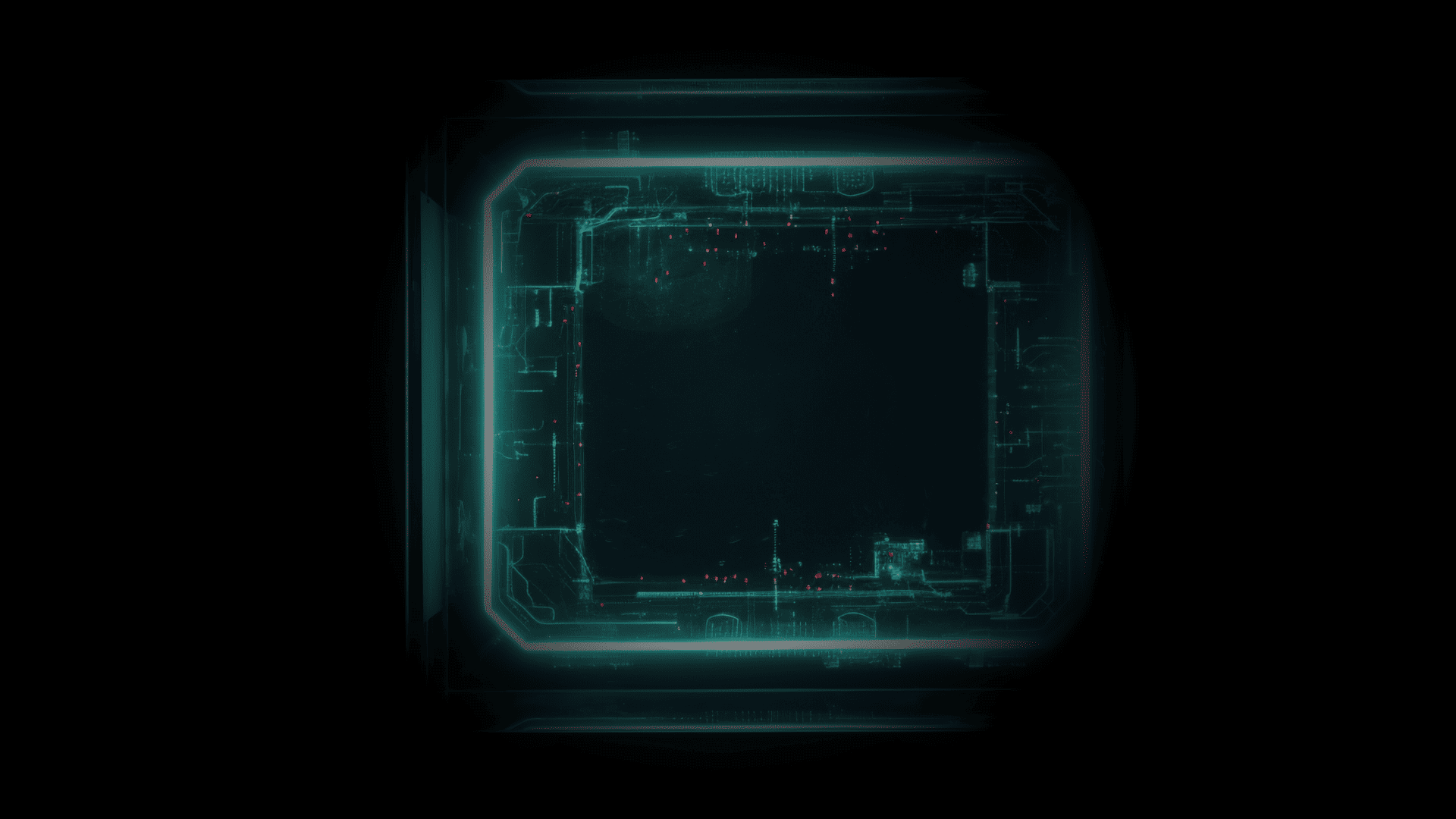Our Physical Design course is designed to cover the concepts of Digital abstraction, Static discipline, MOSFET switch, CMOS basics, Digital circuit speed, NMOS logic, CMOS logic, Combinational logic, Sequential logic, Synchronous sequential design, Timing awareness, Setup/Hold requirement significance, Asynchronous circuits, Metastability, Synchronization, Logic synthesis fundamentals, Advanced logic synthesis (PLE based), Floor-planning, Power planning, Placement, Clock tree synthesis, Routing, Signal integrity, IR-drop analysis, OCV analysis, Static Timing Analysis and Advanced Physical Design concepts like low power design techniques. Our students get to work on 5 to 6 different designs. The assignments are designed in such a way that our students have a clear understanding about handling the design from Synthesis to Sign-off within the given specification limits of Area, Timing and Power.




